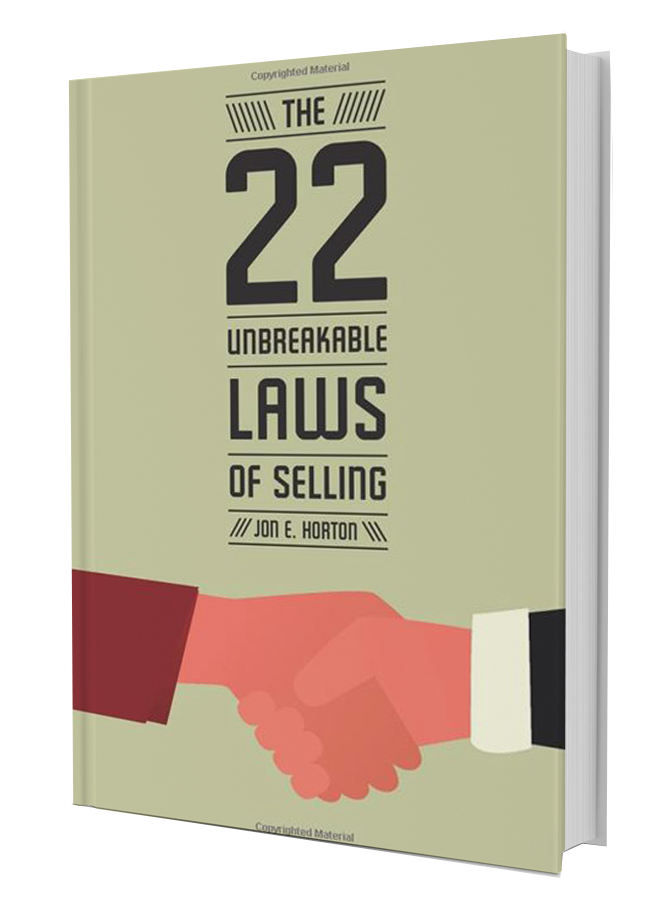When I finished writing my latest book, I was fairly satisfied that I had successfully enumerated the key rules (Laws) needed to guide winning salespeople. But now, after reviewing insightful and constructive feedback from my readers, I suspect I have more work to do.
Whether or not I find both the material and the motivation to write 22 MORE Unbreakable Laws of Selling is a question for another day. What isn’t in doubt is that my next collection would have to include The Law of Opposites.
Nearly every day, someone I know asserts a hackneyed cliché as an accurate characterization of a good seller. It’s surprising enough that these descriptions are virtually always wrong but, more remarkably, the truth is typically the polar opposite! You will likely recognize more than one of the following examples.
He has the gift of gab. Wrong! The best sellers are actually those who are the best listeners, not the best talkers. They have mastered the ability to get clients/prospects to talk more. Salespeople with the gift of gab simply talk too much. (See The Law of Ears.)
He could sell ice to Eskimos. Wrong! A talented salesperson will always begin the sales process with an in depth assessment of a client’s needs and will only propose products/services that provide appropriate solutions. Selling ice to an Eskimo eliminates the potential for a symbiotic business relationship. (See The Law of Needs.)
He always comes out on top. Wrong! The best salespeople are serious about finding win-win solutions to negotiations with their customers. These sellers purposely leave something on the table to insure that their clients leave as winners. They will pass on short-term gain that leads to long-term pain. (See The Law of Negotiation.)
He devotes most of his time to his biggest clients. Wrong! Buyers for major customers with large budgets are typically experts in their field. They make informed decisions, buy with confidence, clearly define the service they require and don’t appreciate needless interruptions from sellers. Smaller clients are often harder to close. They must be nurtured, guided, reassured and expect to be treated like V.I.P.’s when they finally say “Yes”. (See The Law of 80-20.)
The reason these “opposites” merit our consideration is that, on their faces, these clichés are incredibly seductive and the “truths” are, at best, counter intuitive. And this is the case for managers as well as sellers. It’s easy to imagine a manager being impressed by the snappy interview patter of a prospective new hire. And we can certainly understand the salesperson – being paid on commission – that fawns over a client dangling a big budget.
Avoiding these cliché traps requires discipline. Articles like this can help heighten awareness. Regular training and personal vigilance will do the rest.
Jon E. Horton is the author of The 22 Unbreakable Laws of Selling available in both paperback and Kindle versions from Amazon.com. For more of his blogs, please visit www.JonEHorton.com. Comments to Jon@JonEHorton.com.
Last updated:
Feb 15, 2014

